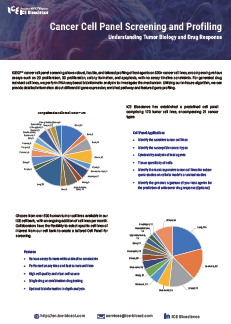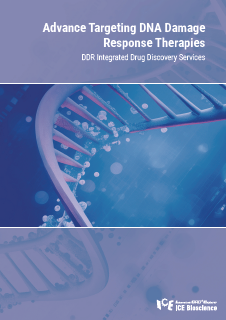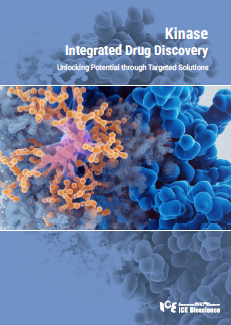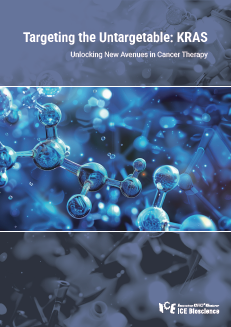
ICECP™ cancer cell panel screening allows robust, flexible, and tailored profiling of test agents on 500+ cancer cell lines, encompassing various assays such as 2D proliferation, 3D proliferation, colony formation, and apoptosis, with no assay timeline constraints. For generated drug resistant cell lines, we perform RNA-seq-based bioinformatic analysis to investigate the mechanism. Utilizing our in-house algorithm, we can provide detailed information about differential gene expression, enriched pathway and featured gene profiling.

ICE Bioscience provides services for a broad spectrum of targets which cover different DDR pathways, such as single-strand break (SSB) and double-strand break (DSB). Our integrated service platform can support our clients with all-in-one drug discovery solution, which includes protein production, biochemical assays, functional and cell based assays, and in vivo studies, etc. Together, let's unravel the complexities of DDR.

Kinase drug discovery remains a vital area in developing targeted therapies for diseases like cancer, inflammatory disorders, and more. Despite significant advances, challenges persist, including overcoming drug resistance, improving selectivity to minimize off-target effects, identifying novel kinase targets, and tailoring treatments to individual patients through personalized medicine. Additionally, expanding the use of kinase inhibitors to treat non-cancerous diseases opens new avenues for research and development. Addressing these unmet needs requires innovative approaches in drug design, a deeper understanding of disease mechanisms, and the integration of new technologies to refine clinical strategies, promising a future of more effective and precise treatments in kinase-targeted therapy.

Current progress in the field of KRAS drug discovery is a testament to the power of perseverance and innovation in pharmaceutical research. With ongoing clinical trials and the FDA approval of the first targeted KRAS G12C inhibitor, the landscape of cancer treatment is undergoing a significant transformation. Looking forward, the focus is not only on discovering more selective drugs that target different KRAS mutations but also on understanding the complex biology of KRAS inhibition to circumvent resistance mechanisms and improve patient outcomes. The era of direct KRAS targeting has just begun, and the potential for developing more effective cancer treatments is vast and inspiring.
Address: Bldg 16, Yd 18, Kechuang 13th St, Etown, Tongzhou Dist, Beijing, 100176, China
Email: marketing@ice-biosci.com
Tel:+86-10-67809840
